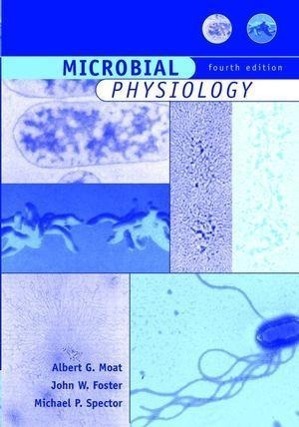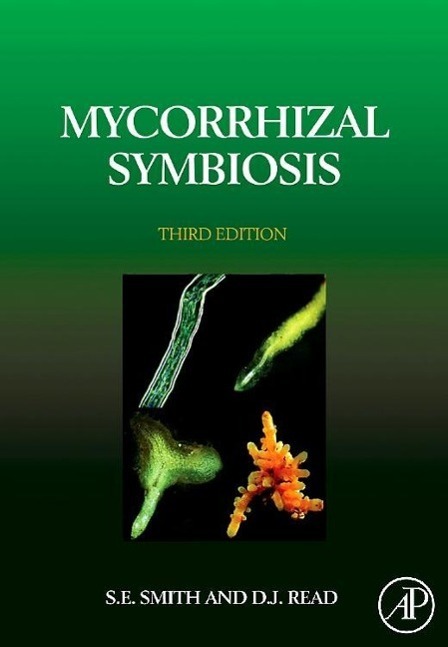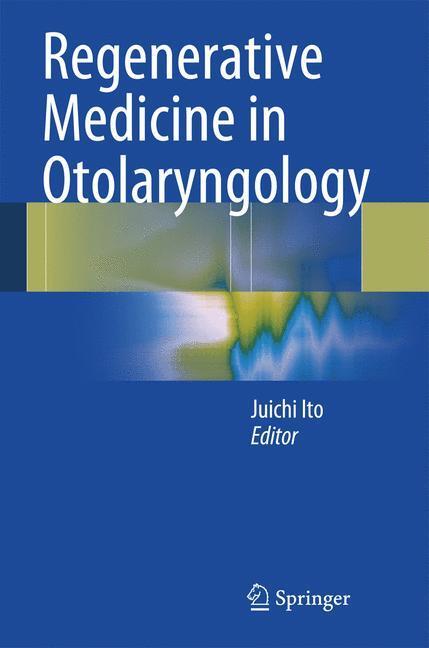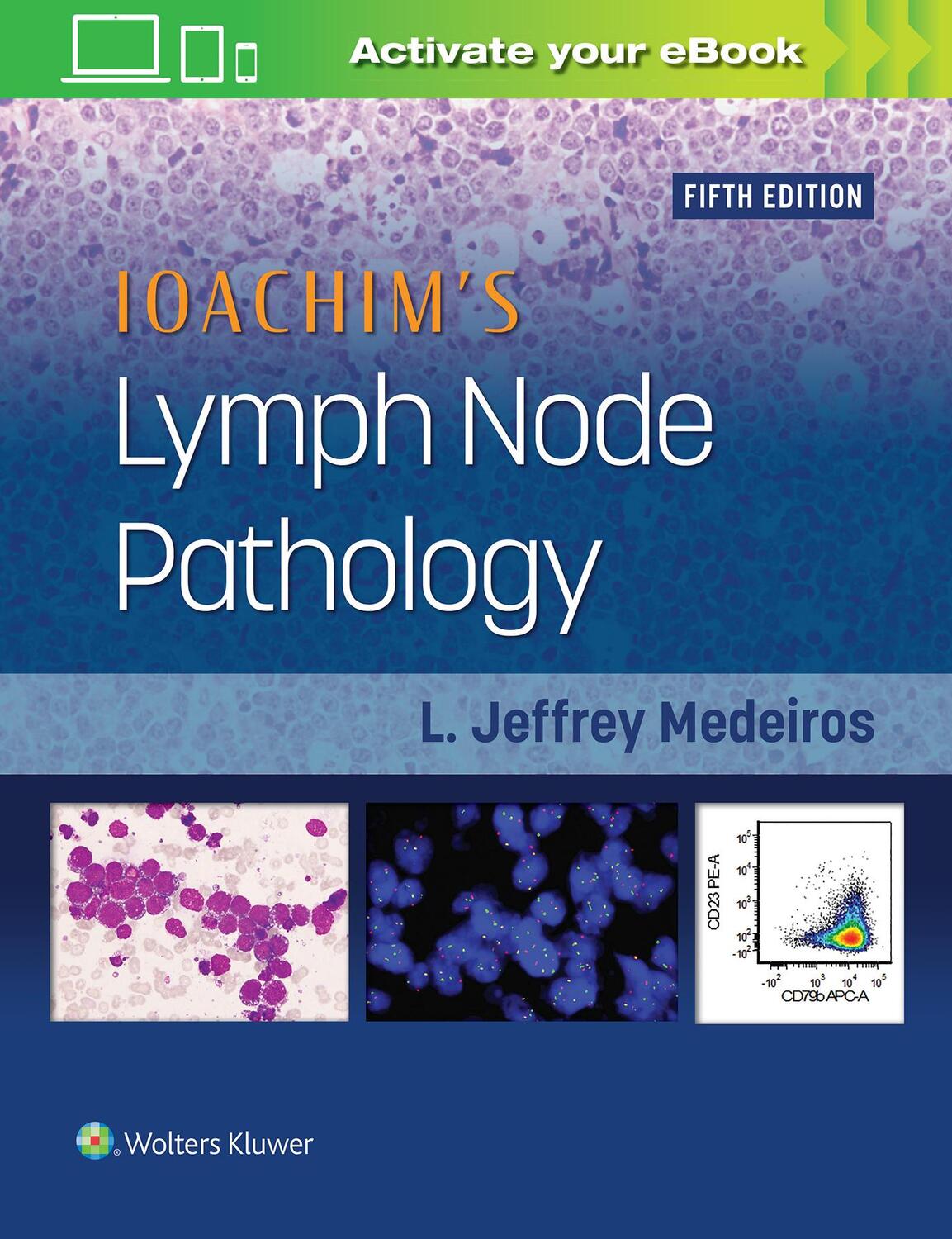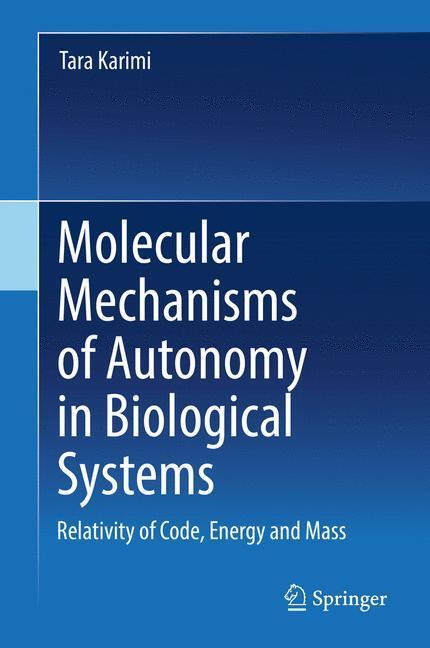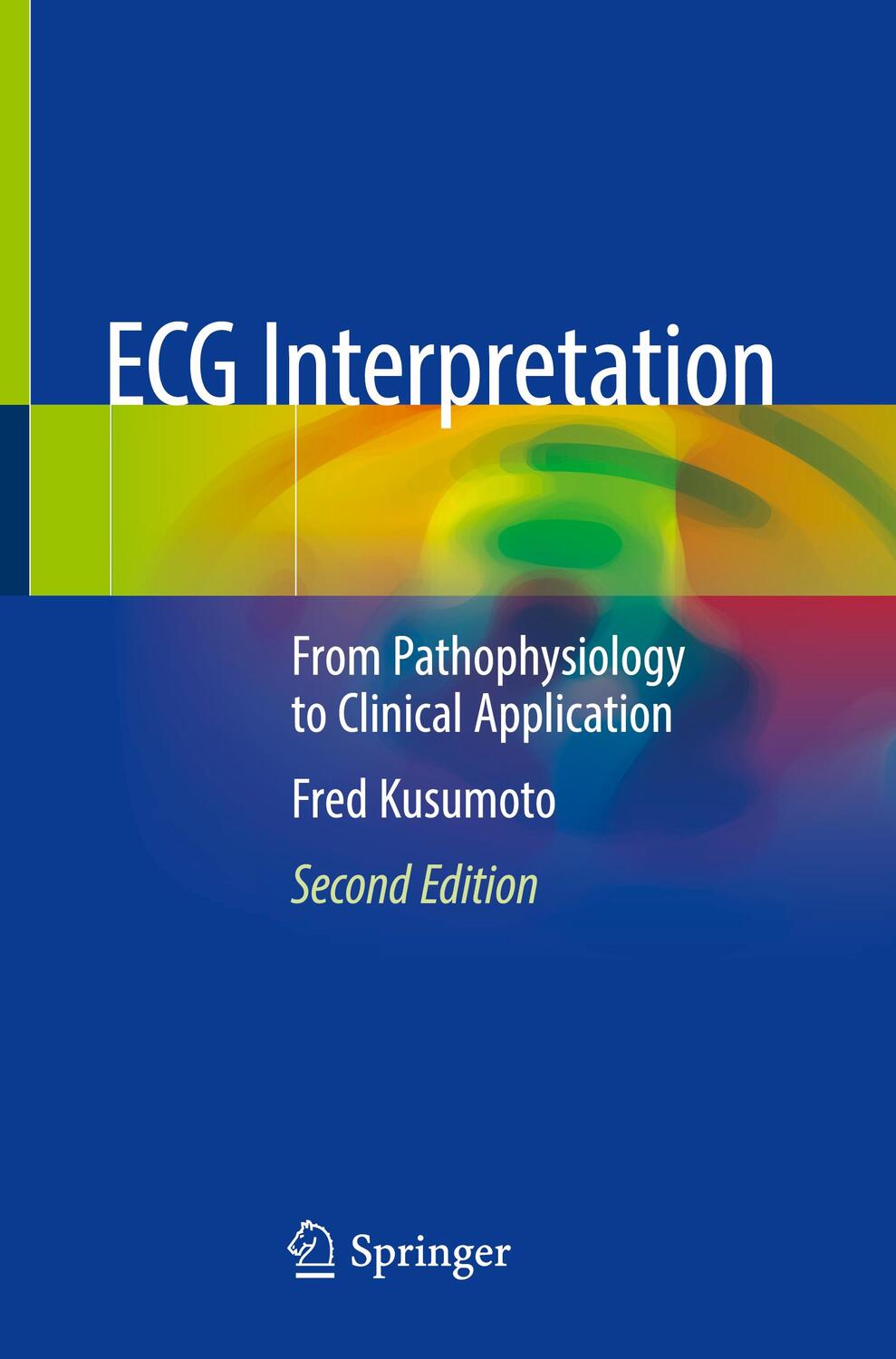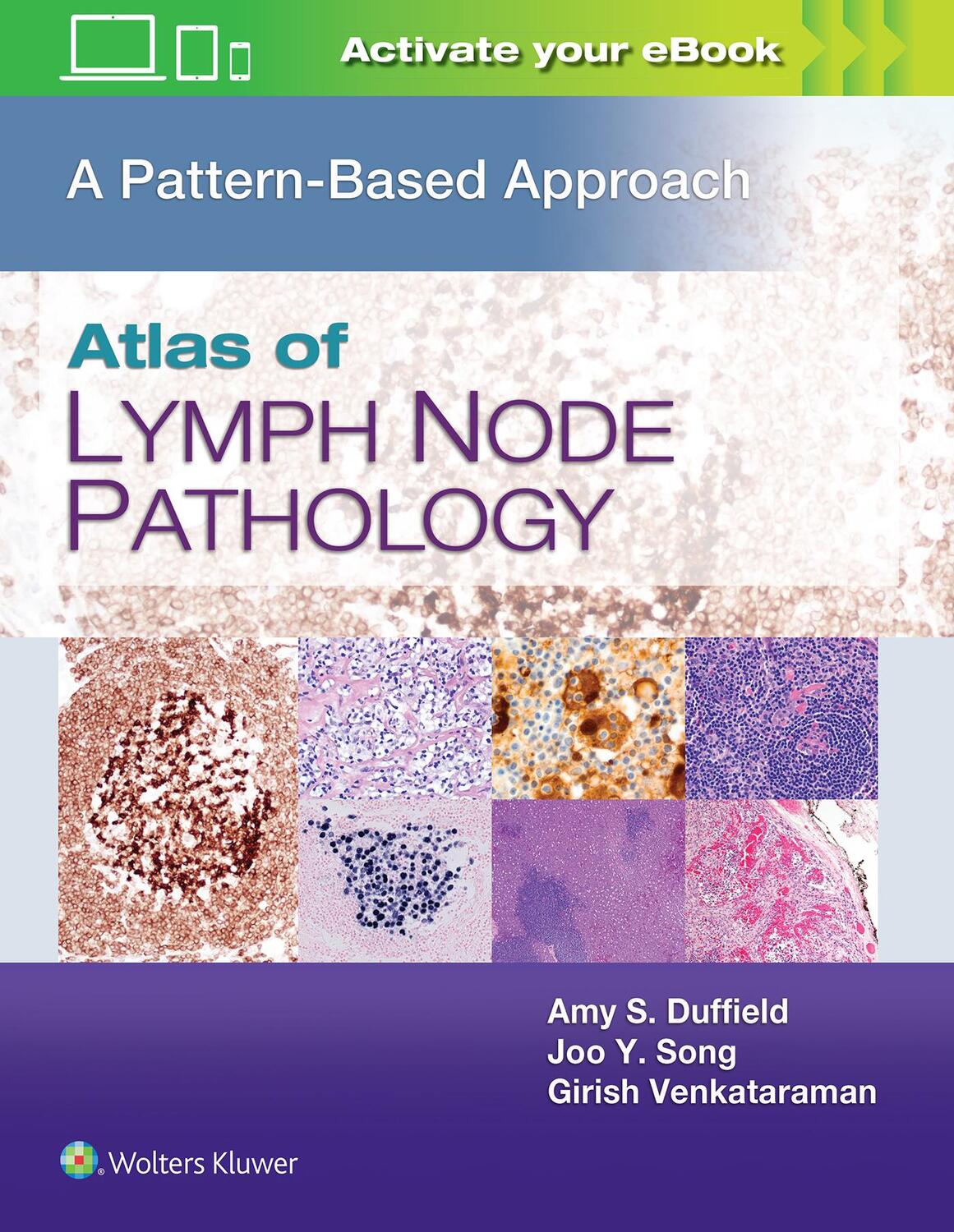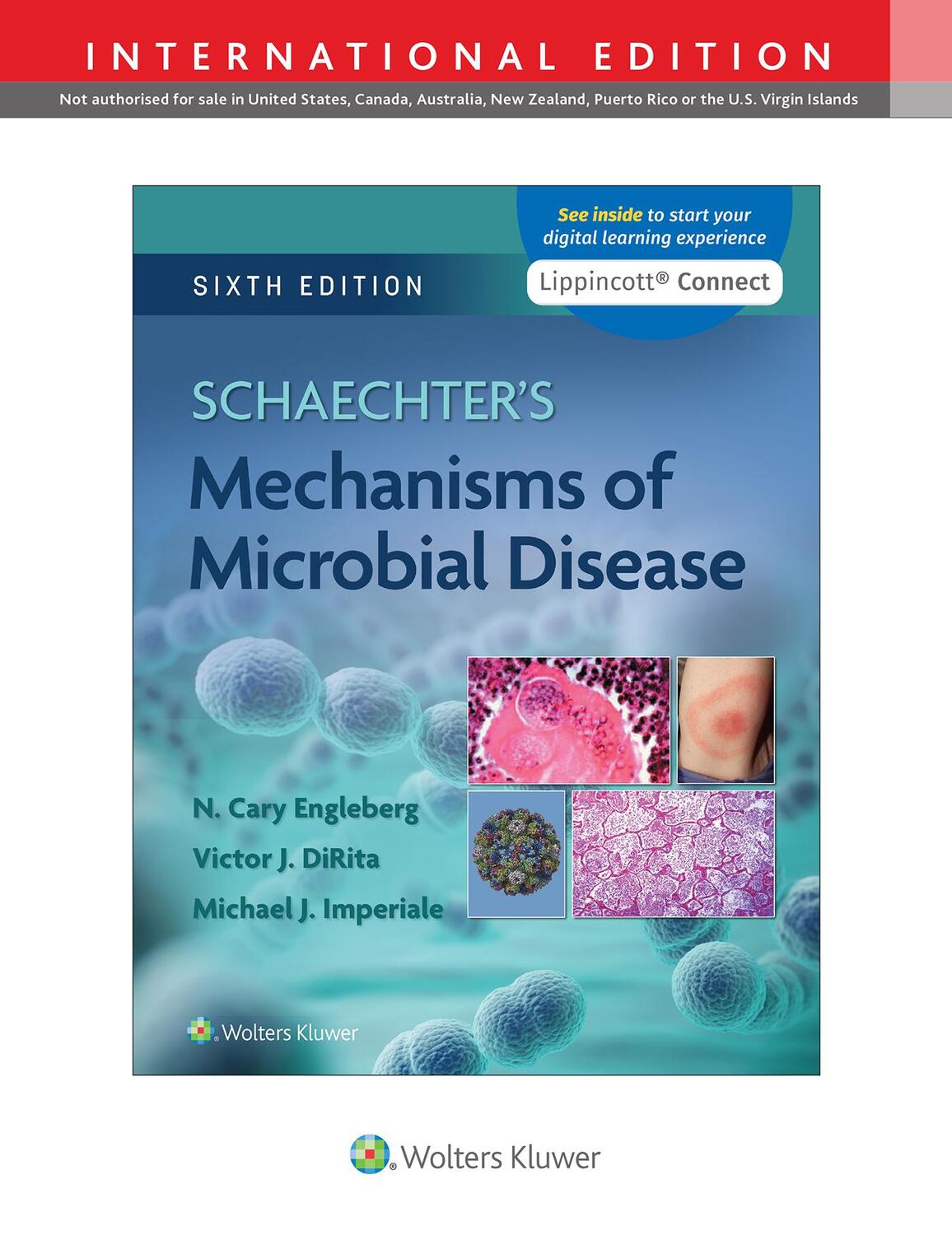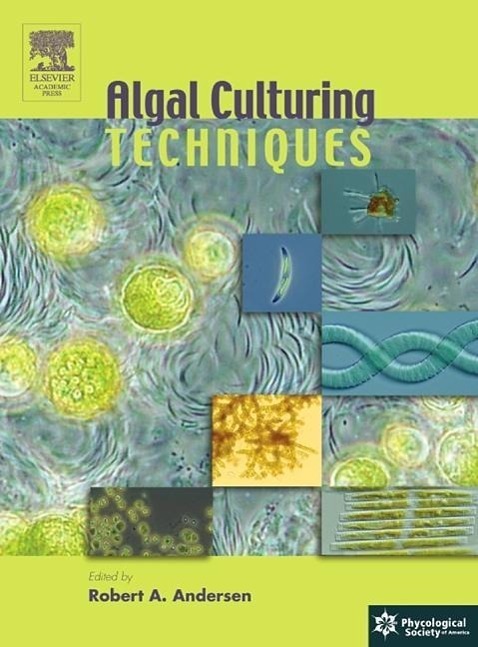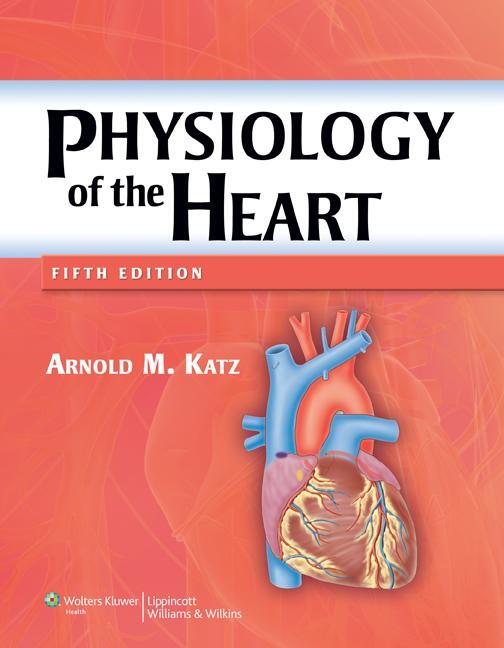180,50 €*
Versandkostenfrei per Post / DHL
Aktuell nicht verfügbar
* Retains the logical, easy-to-follow organization of the previous editions: introduction to cell structure and synthesis of cell components, followed by detailed discussions of genetics, metabolism, growth, and regulation
* Approaches the subject from a modern molecular genetic perspective
* Includes many new and extensively reillustrated figures
* Reflects new insights gained from genome projects and features a new chapter on genomics and proteomics
* Includes an entirely new chapter on host-parasite interactions, covering the molecular and genetic factors involved in microbial pathogenesis
* Presents a thorough revision of sections on amino acids and cell division
* Places greater emphasis throughout the text on bacterial responses to environmental stress and features a new chapter devoted to microbial stress responses
* Offers new treatments of chaperones, protein folding, programmed cell death, alternative sigma factors, anti-sigma factors, synthesis of cell walls and membranes, mitochondrial evolution, nitrogen fixation, extremophiles, stationary phase regulation, and integrons
* Provides extensive updates on all aspects of microbial physiology such as DNA replication, transcription, translation, genetic exchange mechanisms, DNA repair, protein secretion, gene regulation, plasmid addiction, quorum sensing, chemotaxis, protein processing, energy metabolism, bacteriophage, and many others
Professional microbiologists, researchers employed in the biotechnology and pharmaceutical industries, and advanced undergraduate and graduate students in microbiology will find the Fourth Edition of Microbial Physiology a valuable addition to their libraries.
* Retains the logical, easy-to-follow organization of the previous editions: introduction to cell structure and synthesis of cell components, followed by detailed discussions of genetics, metabolism, growth, and regulation
* Approaches the subject from a modern molecular genetic perspective
* Includes many new and extensively reillustrated figures
* Reflects new insights gained from genome projects and features a new chapter on genomics and proteomics
* Includes an entirely new chapter on host-parasite interactions, covering the molecular and genetic factors involved in microbial pathogenesis
* Presents a thorough revision of sections on amino acids and cell division
* Places greater emphasis throughout the text on bacterial responses to environmental stress and features a new chapter devoted to microbial stress responses
* Offers new treatments of chaperones, protein folding, programmed cell death, alternative sigma factors, anti-sigma factors, synthesis of cell walls and membranes, mitochondrial evolution, nitrogen fixation, extremophiles, stationary phase regulation, and integrons
* Provides extensive updates on all aspects of microbial physiology such as DNA replication, transcription, translation, genetic exchange mechanisms, DNA repair, protein secretion, gene regulation, plasmid addiction, quorum sensing, chemotaxis, protein processing, energy metabolism, bacteriophage, and many others
Professional microbiologists, researchers employed in the biotechnology and pharmaceutical industries, and advanced undergraduate and graduate students in microbiology will find the Fourth Edition of Microbial Physiology a valuable addition to their libraries.
Dr. Moat spent over 20 years as professor at Hahnemann Medical College in Philadelphia. In 1978 he became Chairman of the Department of Microbiology, Immunology and Molecular Genetics at the Joan C. Edwards School of Medicine at Marshall University, Huntington, WV.
Dr. Foster is professor of Microbiology and Immunology, and director of the Laboratory of Salmonella and E. coli Genetics at the University of South Alabama, College of Medicine in Mobile. He teaches courses in Medical Microbiology and Microbial Physiology and has published over 80 papers on the molecular strategies used by bacteria to survive environmental stresses.
Dr. Spector is professor in the Department of Biomedical Sciences at the University of South Alabama in Mobile. He teaches courses on Immunology and Medical Microbiology and runs the Laboratory of Molecular and Bacterial Genetics and Physiology.
Introduction to Microbial Physiology.
Macromolecular Synthesis and Processing: DNA, RNA, and Protein Synthesis.
Bacterial Genetics.
Techniques of Microbial Genetics, Genomics, and Proteomics.
Regulation of Prokaryotic Gene Expression.
Bacteriophage Genetics.
Cell Structure and Function.
Central Pathways of Carbohydrate Metabolism.
Energy Production and Metabolite Transport.
Metabolism of Substrates Other than Glucose.
Fermentation Pathways.
Photosynthesis and Inorganic Metabolism.
Lipids and Sterols.
Nitrogen Metabolism.
Amino Acids.
Purines and Pyrimidines.
Bacterial Cell Division.
Microbial Stress Responses.
Bacterial Differentiation.
Mechanism of Microbial Virulence and Pathogenesis.
Index.
| Erscheinungsjahr: | 2002 |
|---|---|
| Fachbereich: | Grundlagen |
| Genre: | Biologie |
| Rubrik: | Naturwissenschaften & Technik |
| Medium: | Taschenbuch |
| Seiten: | 736 |
| Inhalt: | 736 S. |
| ISBN-13: | 9780471394839 |
| ISBN-10: | 0471394831 |
| Sprache: | Englisch |
| Einband: | Kartoniert / Broschiert |
| Autor: |
Moat, Albert G.
Foster, John W. |
| Redaktion: |
Moat, Albert G
Foster, John W Spector, Michael P |
| Herausgeber: | Albert G Moat/John W Foster/Michael P Spector |
| Auflage: | 4th edition |
| Hersteller: |
Wiley
John Wiley & Sons |
| Maße: | 251 x 179 x 35 mm |
| Von/Mit: | Albert G Moat (u. a.) |
| Erscheinungsdatum: | 19.07.2002 |
| Gewicht: | 1,22 kg |
Dr. Moat spent over 20 years as professor at Hahnemann Medical College in Philadelphia. In 1978 he became Chairman of the Department of Microbiology, Immunology and Molecular Genetics at the Joan C. Edwards School of Medicine at Marshall University, Huntington, WV.
Dr. Foster is professor of Microbiology and Immunology, and director of the Laboratory of Salmonella and E. coli Genetics at the University of South Alabama, College of Medicine in Mobile. He teaches courses in Medical Microbiology and Microbial Physiology and has published over 80 papers on the molecular strategies used by bacteria to survive environmental stresses.
Dr. Spector is professor in the Department of Biomedical Sciences at the University of South Alabama in Mobile. He teaches courses on Immunology and Medical Microbiology and runs the Laboratory of Molecular and Bacterial Genetics and Physiology.
Introduction to Microbial Physiology.
Macromolecular Synthesis and Processing: DNA, RNA, and Protein Synthesis.
Bacterial Genetics.
Techniques of Microbial Genetics, Genomics, and Proteomics.
Regulation of Prokaryotic Gene Expression.
Bacteriophage Genetics.
Cell Structure and Function.
Central Pathways of Carbohydrate Metabolism.
Energy Production and Metabolite Transport.
Metabolism of Substrates Other than Glucose.
Fermentation Pathways.
Photosynthesis and Inorganic Metabolism.
Lipids and Sterols.
Nitrogen Metabolism.
Amino Acids.
Purines and Pyrimidines.
Bacterial Cell Division.
Microbial Stress Responses.
Bacterial Differentiation.
Mechanism of Microbial Virulence and Pathogenesis.
Index.
| Erscheinungsjahr: | 2002 |
|---|---|
| Fachbereich: | Grundlagen |
| Genre: | Biologie |
| Rubrik: | Naturwissenschaften & Technik |
| Medium: | Taschenbuch |
| Seiten: | 736 |
| Inhalt: | 736 S. |
| ISBN-13: | 9780471394839 |
| ISBN-10: | 0471394831 |
| Sprache: | Englisch |
| Einband: | Kartoniert / Broschiert |
| Autor: |
Moat, Albert G.
Foster, John W. |
| Redaktion: |
Moat, Albert G
Foster, John W Spector, Michael P |
| Herausgeber: | Albert G Moat/John W Foster/Michael P Spector |
| Auflage: | 4th edition |
| Hersteller: |
Wiley
John Wiley & Sons |
| Maße: | 251 x 179 x 35 mm |
| Von/Mit: | Albert G Moat (u. a.) |
| Erscheinungsdatum: | 19.07.2002 |
| Gewicht: | 1,22 kg |

